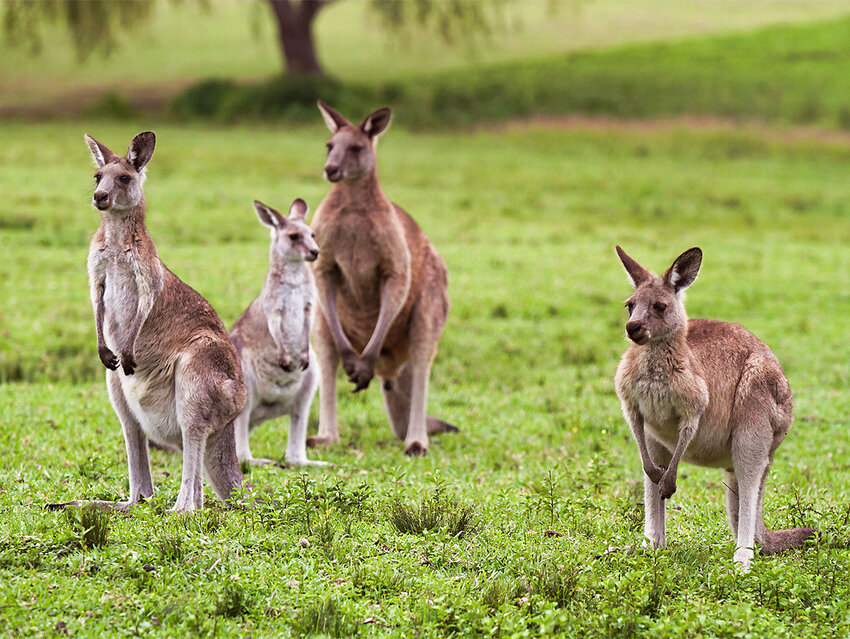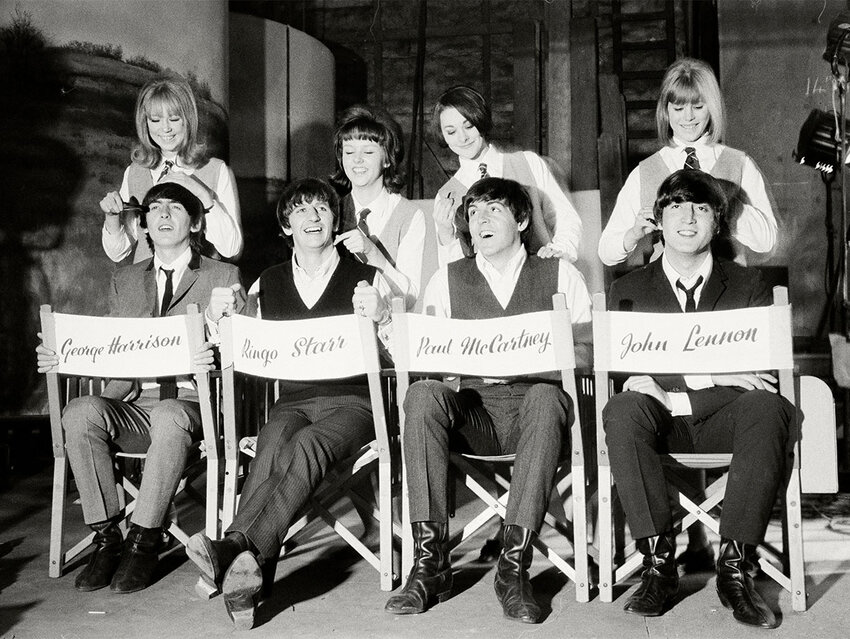
Keystone
[KEE-stohn]
Part of speech: noun
Origin: English, 17th century
1.
A central stone at the summit of an arch, locking the whole together.
2.
The central principle or part of a policy, system, etc., on which all else depends.
Examples of Keystone in a sentence
"The last year’s monthly profits were the keystone of the CEO’s argument for a new sales approach."
"The health of some species, such as elephants, is considered the keystone of an entire ecosystem."
About Keystone
“Keystone” is an architectural and building term formed in English by fusing the noun “key,” meaning both “an object to open and close a lock” and “a crucial step,” with the noun “stone.”
Did you Know?
In order to complete the building of a stone arch, traditional masons place a final stone at the peak of the arch to connect all the other pieces while redistributing their weight. This is called a “keystone,” both because it is crucial to the integrity of the structure, and because without it, the arch cannot be locked together. Without a keystone, a traditional stone arch will collapse under its own weight. In modern English, “keystone” refers to any central idea or value upon which other things are based.








